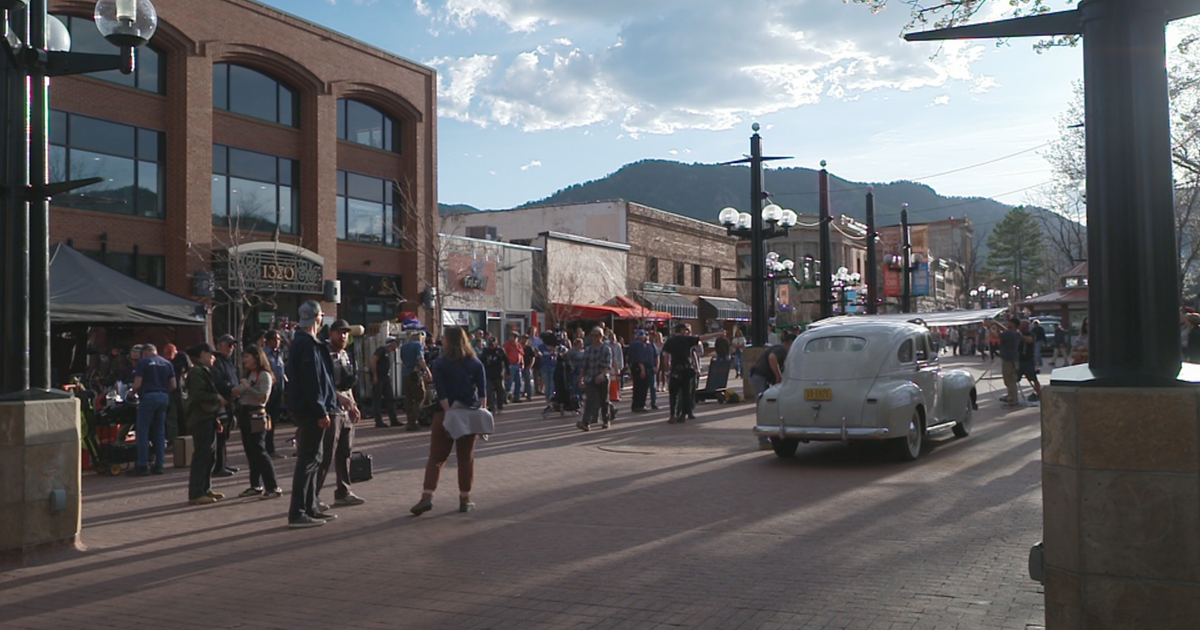As Colorado celebrated the coming move of the Sundance Film Festival to Boulder, Colorado film industry leaders were looking ahead at what seemed like potential for more production.
“I really hope that it will attract other productions to come. I hope that our state continues to support filmmaking so that we can attract productions from all around the country and the work,” said Paula Dupré Pesmen, a producer and documentary filmmaker who lives in Colorado.
Colorado has tried for decades to attract the film industry.
There are selling points for the state.
“There’s amazing locations — you can be in the mountains, there’s towns, there’s cities, there’s Denver. There are so many different locations that can work for so many different kinds of stories,” said Dupré Pesmen, whose work includes the recent Oscar Award-nominated documentary, “Porcelain War,” about artists in Ukraine. The addition of business production and post-production houses could come if there’s growth.
“Studios, stages, all of those things. If the work is coming here, those things are going to be developed,” she added.
But creating a larger industry means pulling it away from somewhere else.
The Colorado Office of Film, Television, and Media boasts that the state’s existing film incentive program has generated $153 million dollars in economic impact, creating over 5,000 cast and crew jobs — albeit temporary ones. But other states have been more successful.
“Tyler Perry built a huge vertically-integrated production company in Atlanta and Georgia gives a ton of investment,” noted Dean Stoecker, CEO of Ranch Productions, serving as executive producer of a movie now being shot in Boulder.
“We have named it, ‘The Man who Changed the World,'” said Stoecker.
The movie is a story about his family. Some of the crew is from Colorado, some come in from out of state. Production trucks have been brought in from Albuquerque, New Mexico, which has used significant incentives to draw in film production. Then 3,000 costumes were brought in from Los Angeles, said Stoecker, because there are no costume houses in Colorado. The way to build up the industry, be believes, is with larger incentives.
“What we found out is that every dollar of investment from the state leads to $8.50 dollars return to the state. And so I don’t know anywhere you can get and 850% return on your money unless you’re a bank robber,” said Stoecker.
But setting aside government money is always a tough sell.
“I think it’s incentives. I think it’s tax incentives and the availability of the locations. And the infrastructure,” said Stoecker. “So I’m convinced it will work. The timing of it, I’m not sure.”
